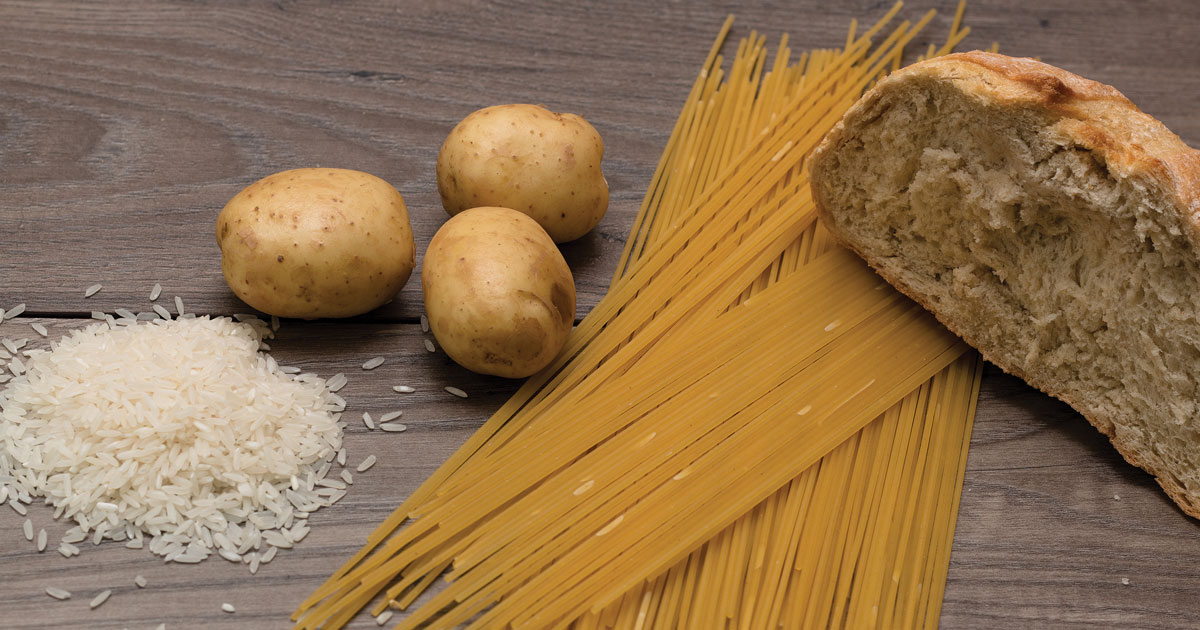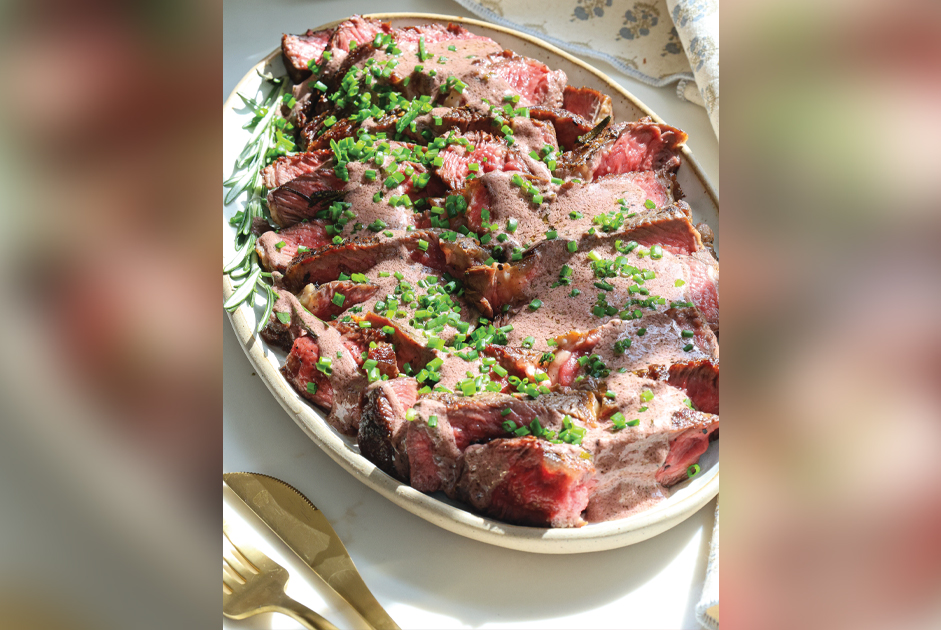It is no surprise that today’s home owners have placed a spacious pantry on their top five “wants” list. While it is the “go-to” location to obtain canned or processed goods, the pantry has evolved into holding more than just our favorite items. More and more households are considering the value of storing essential bulk or emergency items. What do you have in your pantry? How long would the variety of ingredients minimize your need to go to the grocery store? Now that spring cleaning is around the corner, it’s time to clean out your pantries, and see what you have, what you need, and what the potential is for other storage items.
Containers
Store bought goods do not always come in quality packaging. The solution is transferring dry foods or powders into an insect-proof container without crushing the contents. One of the simplest and reliable options is to vacuum seal items such as pasta, and dried soups, coffee and packages of tea bags into Mason jars using a food saver. The items are clearly visible, properly sealed, and labeling and reusing jars and lids couldn’t be simpler. For larger items, such as flour and sugar, consider using a three or five gallon bucket with a Gamma Seal lid. Large containers with rubber lids do create a seal, but this process works only when ingredients are intended for continuous use.
All-Purpose Flour and Sugar: It’s not cost effective to buy a two pound bag of flour or sugar. At most warehouse stores, a large bag cost just a few dollars more. Just think how often you are breading meats or vegetables, making pancakes, or baking homemade bread or cookies. The need for all-purpose flour is an essential pantry item! And, of course, sugar is just as important!
Canned Foods: We throw thousands of dollars away annually simply because we misunderstand the date stamped on canned foods. Most often, the “best by” dates refer to the optimal freshness of the product, while “sell-by” is a reference to sell or remove the item from the grocery store shelves. It does not imply the item is bad! In your pantry, canned tuna, chicken, fruit, and vegetables are simply staple items! (Don’t forget to place upcoming dates to the front of your pantry.)
Oils and Vinegars: For cooking, baking, and flavoring purposes, we rely upon flavorful nut and seed oils, and balsamic and red wine vinegar. Once purchased, you have one year to use; otherwise, an opened bottle requires six months in a cool and dark location.
Pasta: Delicate in nature, from angel hair to ribbon pasta, one of the easiest ways to eliminate the bags and various sized boxes is to contain individual types of pasta in jars. With this concept, you’ll never have to worry about broken pieces and an adequate supply will always be on hand. And stock extra jars of store bought tomato sauce or your own homemade recipe.
Rice: What is our favorite rice? Do you find your family prefers to eat brown and jasmine rice? Why not save money and buy it in bulk? Package a few quarts in Mason jars, and place the rest in a food grade bucket.
Spices: The spice bottles you purchase at the grocery store are usually ground, lasting a mere six to nine months for maximum flavor. Instead, consider buying “whole” spices, and vacuum sealing them in similar sized Mason jars for long term preservation. And not just your favorite spices require special attention; start preserving all of your spices! Don’t forget to have a supply of salt, and black and red pepper, too!
Potatoes: We often buy a five pound bag of potatoes, and place the bag in a dark location, our pantry. While the mesh bag is a temporary container, start keeping your potatoes in a paper bag. Make sure the room is cool and dry. Do not store potatoes near your onions. The gases from onions will cause your potatoes to sprout, early.
Emergency Essentials: The lights go out at the worst moments, and having readymade meals on hand can ease the most stressful situation. Recipes are available to purchase or make yourself. The Mason jar makes the perfect storage container!
Every cook needs a well-stocked kitchen. With a few essential ingredients well contained and close by, you will always be able to prepare a great meal.






















